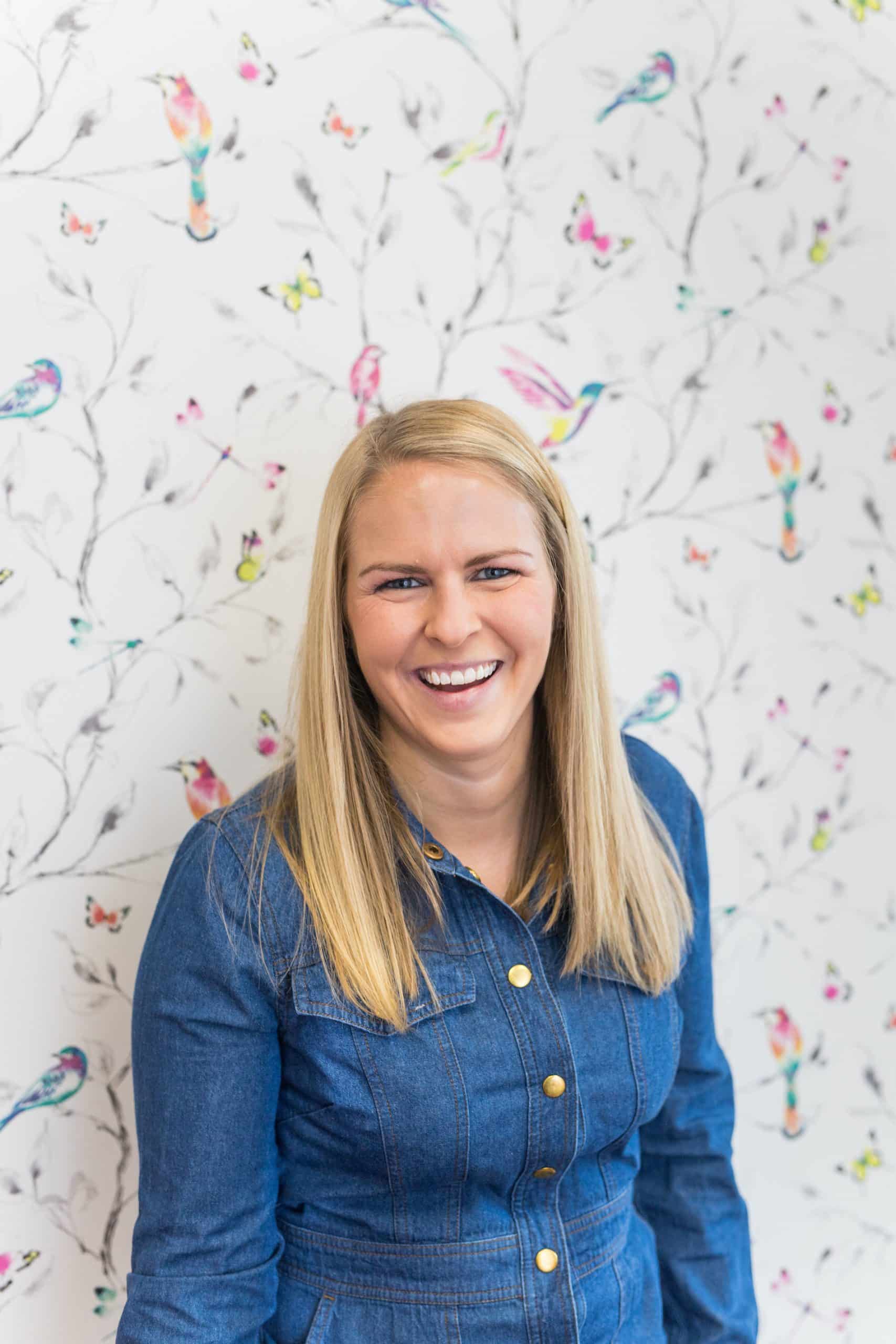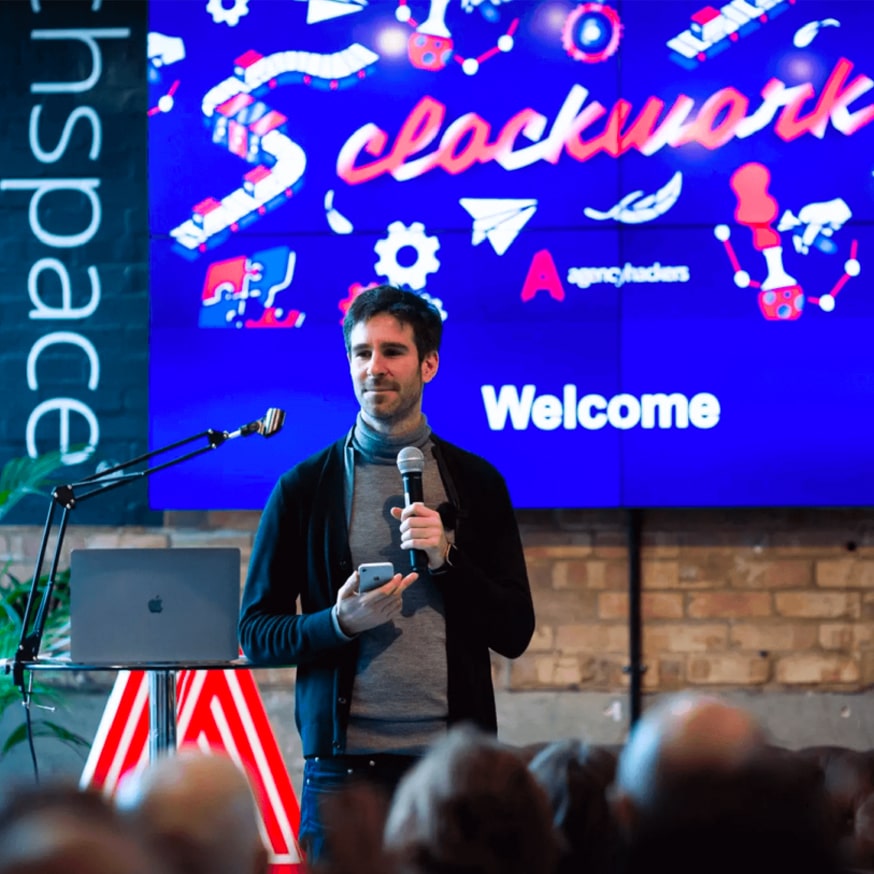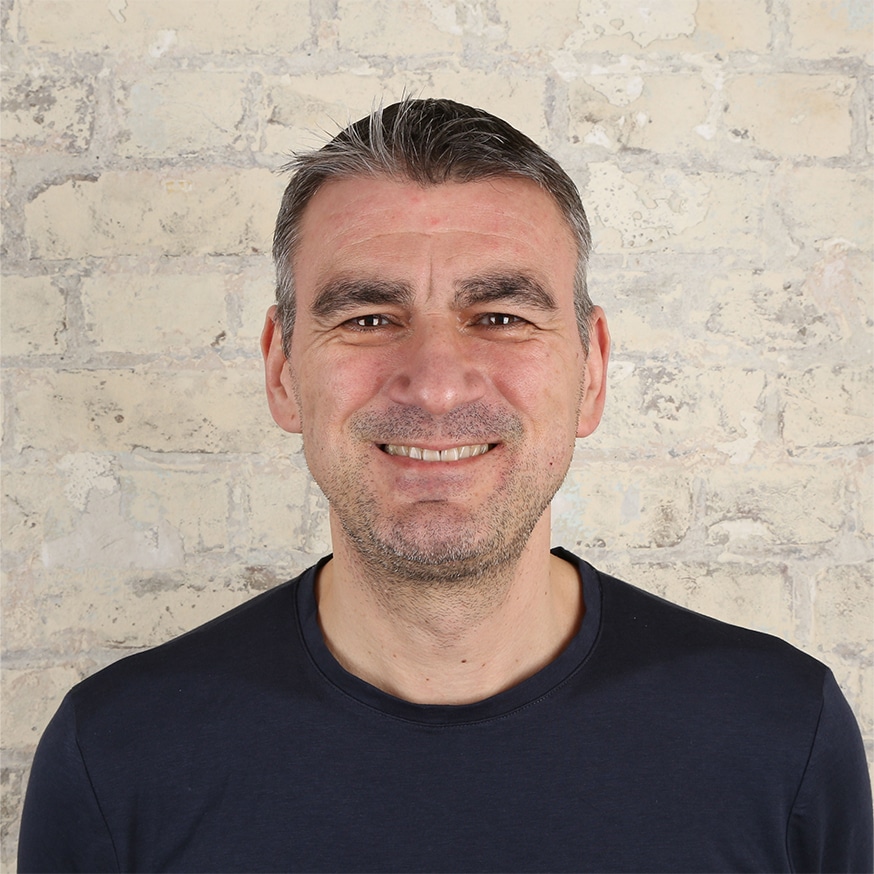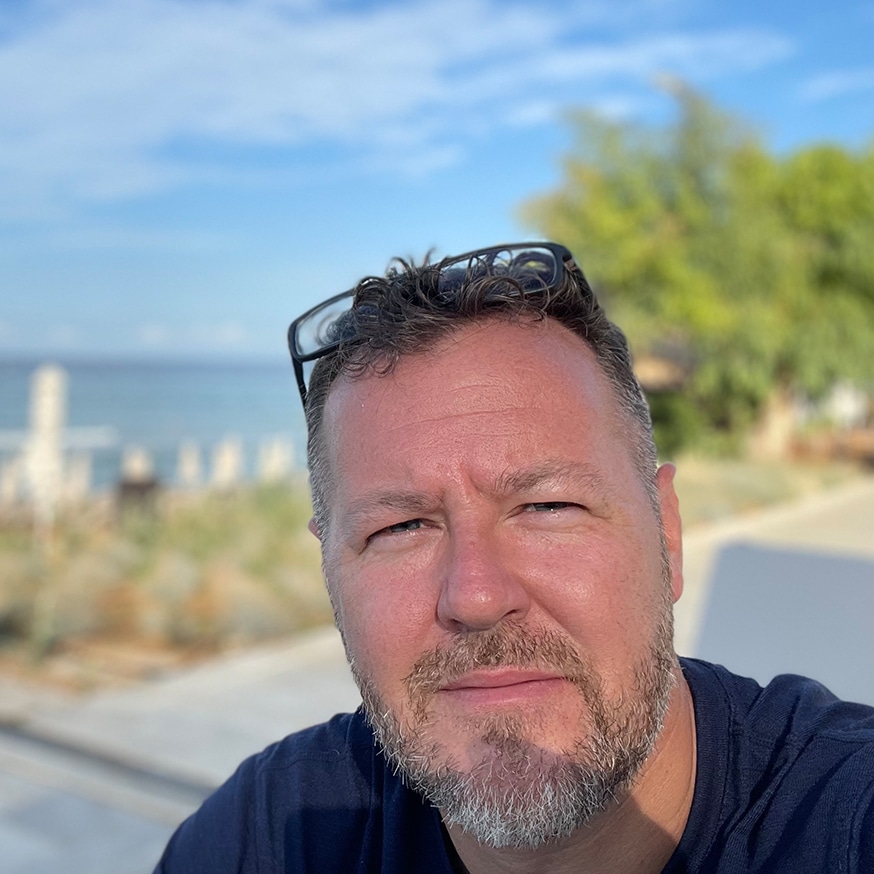
Get the right people on the bus
"You end up with a business built around the skills you already have, as opposed to having the right skills for what the business needs"
Becky Simms | Co-founder | Reflect Digital
How would you explain what “get the right people on the bus” means?
The aphorism “get the right people on the bus” to me is about having the right players in your team to drive the business forward. At Reflect Digital we use the Entrepreneurs Operating System (EOS) and this has a similar concept which is right seats and right people. As a business, you need to understand the roles that you need first and then you need to ensure you have the right people in the roles. I prefer the EOS version as it makes it clear that you need to focus on roles then people - as otherwise, you end up with a business built around the skills you have as opposed to ensuring you have the right skills for what the business needs.
In general, though, both concepts work - especially in agency life - your people are your product, so having the right people will make the difference between failing, plateauing (which isn’t necessarily a bad thing, it might be a choice) and successfully growing.
I think one of the hardest parts of this concept that I have wrestled with over the years is that as you grow, someone who is in the right seat for a role at one stage of the business can get left behind and no longer be the right fit for the future business. This can be really tricky to handle and to discuss, but actually the more openly it is discussed as the business is growing the easier it becomes. We use the right people, right seats on an annual basis (as a minimum) to relook at the design of our architecture and in doing so we assume the business has no employees and we look at what it needs without people in mind and then when we have the right structure we layer the right people in.
Discussing this openly as a leadership team and realising that it is ok for the needs of the business to outgrow someone's skill set makes handling those challenges so much easier as often the person realises it themselves. In scaling Reflect Digital for many years most of our leadership team were in the most senior roles they have ever been in, so there comes a time when either through mentors and advisors or through hiring that you need to bring in some more experienced team members who have been there and done it before. Since joining the LAB Group we’ve had wider support from the group leadership team but we have also hired roles specifically to add the experience we were missing.
Who do you think should own the vision in an agency?
The vision of the agency ultimately resides somewhere in the leadership team - I think it will vary depending on the make up of that team. At Reflect Digital, I am the ‘visionary’ - using EOS terminology. I lead the vision but that is not without a huge amount of support from across the business. My role is to be a sponge - soaking up influence from our amazing team, the industry, our clients and their needs etc. Through that wider influence, I can then help shape and direct our vision - with input from our leadership team in working out how to bring that vision to life. In EOS the ‘visionary’ is supported by the ‘integrator’ whose role is to take that vision and make it a reality.
Becky Simms' favourite interview question
When it comes to recruitment - I have a couple of favourite questions… I always like to ask:
If your current manager were here now - how would they describe you?
It always tends to elicit some interesting insight into how they get on with their current manager and forces them to give a different view of themselves.
From a psychological point of view - I always enjoy asking the person:
Describe the room we/they (if remote) are in.
It is a random question but it shows me whether they are naturally detailed orientated (the walls are white, carpet blue etc.) or more contextual (the room is inviting, warm, it has a good vibe).
And finally - I always ask them:
What is the first song they would add to the company Spotify playlist?
Great as a light-hearted question to have a chat about music tastes!
Becky Simms' bio
Becky has spent the last 15 years working in digital marketing, starting Reflect Digital in 2011, which is now a team of over 35 digital specialists. In 2021 and 2022 Becky was listed in the BIMA 100, a list of the top 100 people shaping the future of the digital industry. Becky’s passion for digital lies within understanding human behaviour. It is her belief that as marketers we can best achieve our goals by helping our customers and we can only truly help them if we understand their needs and can craft a strategy around this.
Humble promo of Becky Simms and Reflect Digital
Becky radiates such a powerful energy, making her an inspirational leader. She's relentless in her pursuit to improving herself and supporting her team to become the best version of themself. But she's not just a hard-nosed business woman, she's also an incredibly caring person. In fact with all the four day work week talk - Becky will probably be rolling her eyes, thinking "I told you so". Reflect were an early adopter of the four day work week before anyone was even talking about doing it. If you want an example of a well run agency and great leader, look no further than Becky and her agency Reflect Digital.
Cheerssss!
Daniel (Polymensa founder)
Explore other perspectives
Christopher Kenna
Founder @ Brand Advance Group
"Who's never caught that bus, because they don't know it exists?"
Andy Smith
Founder @ Strategiq
"Love it, but it has to be respected and understood before implementing"

The Rabbit Hole: Where to?
After spending the last 19 years of my life in the UK, what I know refer to as the 2nd chapter of my life (I grew up in Germany), I wanted to turn the page to chapter 3. In March 2022 my girlfriend and I decided to move to another country.
But where to?
Peak down the rabbit hole

Blindspot: Economics
I’m going to admit, that although I spend a significant amount trying to educate myself about economics, my knowledge would probably equate a tiny single atom in a pumpkin compared to a Keynes or Krugman.
It’s why I rely on people who study this everyday to give me an insight.
And although I don’t always understand what they’re on about, I thought this was one of the simplest explanations of how our economy functions and why we get this thing called inflation.
However, the BIG and far more important question to me is how much longer will this model work and exist. I look forward to a day where there is far less artificially generated demand - than truthfully necessary.
But for now, here are the basics of our current economic engine...
Watch the video






